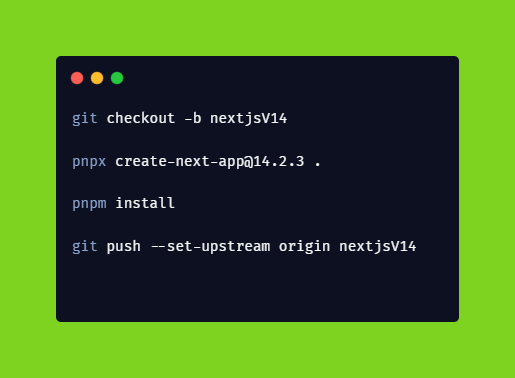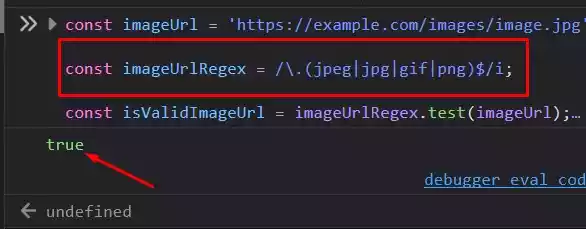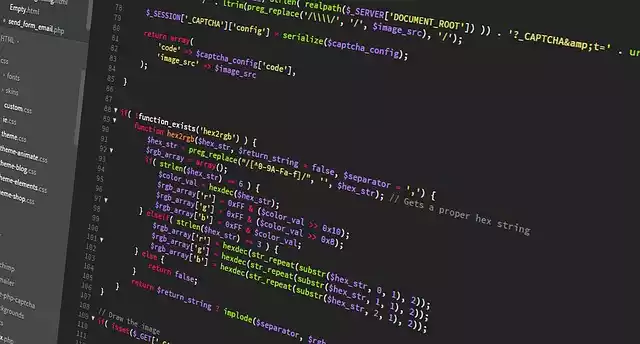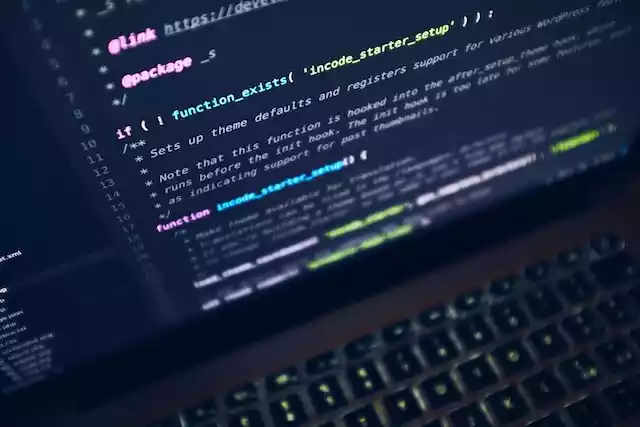Programming vs. Coding: What's The Key Difference?

The terms “programming” and “coding” are often used interchangeably in the world of technology and software development, leading to confusion among beginners and even some experienced professionals.
However, it’s important to understand that while programming and coding are related concepts, they have distinct differences.
This article aims to highlight the differences between programming and coding, clarifying their roles, methodologies, and applications.
Table of Contents
Programming
Definition of Programming
Programming refers to the process of creating a set of instructions or code that tells a computer how to perform specific tasks.
It involves designing, developing, and implementing algorithms and data structures to solve problems and accomplish desired outcomes.
Programmers use various programming languages such as Python, Java, C++, and Ruby to write code that enables computers to execute tasks and manipulate data.
The Scope of Programming
Programming encompasses a wide range of activities, including analyzing problems, designing solutions, coding programs, testing and debugging code, and maintaining software applications.
It involves a systematic approach that requires logical thinking, problem-solving skills, and a deep understanding of algorithms and data structures.
Programming Paradigms
Programming paradigms refer to the different approaches or styles of programming. Some common paradigms include procedural programming, object-oriented programming, functional programming, and event-driven programming.
Each paradigm has its own set of principles, design patterns, and best practices, providing programmers with different tools and techniques to tackle specific types of problems.
Coding
Definition of Coding
Coding, on the other hand, is a subset of programming. It involves the translation of high-level programming instructions into a language that computers can understand.
In simpler terms, coding is the act of writing lines of code using a specific programming language.
The Role of Coding
Coding focuses on the implementation aspect of programming. It involves translating the algorithms and logical structures designed during the programming phase into lines of code that a computer can execute.
Coders are responsible for ensuring that the code they write follows the syntax and rules of the chosen programming language, making it functional and error-free.
Coding as a Skill
Coding is often seen as a technical skill that can be learned and practiced. It requires attention to detail, familiarity with programming languages, and the ability to effectively translate abstract concepts into executable code.
While coding is an essential part of the programming process, it represents a specific aspect of the broader programming domain.
Key Differences Between Programming and Coding
1. Focus and Scope
Programming involves a broader scope that encompasses problem analysis, design, testing, and maintenance of software systems.
It requires a deep understanding of algorithms, data structures, and programming paradigms.
On the other hand, coding has a narrower focus and primarily deals with the translation of high-level instructions into machine-readable code.
2. Creativity and Problem-Solving
Programming often involves creative problem-solving, where programmers design innovative solutions and algorithms to tackle complex problems.
It requires a higher level of creativity and critical thinking. Coding, although it requires logical thinking, is more about implementing pre-defined solutions rather than inventing new ones.
3. Complexity and Expertise
Programming is generally considered more complex than coding. It involves designing large-scale software systems, optimizing algorithms, and managing data structures efficiently.
Programmers need a deep understanding of software engineering principles and must possess expertise in various programming languages and frameworks.
Coding, while still requiring skill and precision, is a more practical and hands-on aspect of programming that can be learned with practice and experience.
4. Flexibility and Adaptability
Programming offers more flexibility and adaptability compared to coding. Programmers have the freedom to choose from different programming languages, paradigms, and frameworks based on the requirements of the project.
They can select the most suitable tools and technologies to develop efficient and scalable software solutions.
Coding, on the other hand, follows a specific syntax and structure dictated by the chosen programming language, limiting the coder’s flexibility to a certain extent.
Wrap Up
Programming and coding are closely related, but they are different concepts in the field of software development.
Programming encompasses a broader scope, involving problem analysis, design, and system maintenance, while coding focuses on the practical implementation of programming instructions.
Both programming and coding are valuable skills in the technology industry, and gaining expertise in both areas can greatly enhance a developer’s capabilities.
Remember, understanding the difference between programming and coding is crucial for aspiring developers and professionals in the software development field.
By clarifying the nuances between these terms, individuals can better navigate their learning journey and choose the right path to pursue.
FAQs (Frequently Asked Questions)
- Is there a difference between programming and coding? Yes, there is a difference. Programming encompasses a broader scope, involving problem analysis, design, testing, and maintenance of software systems.
Coding, on the other hand, focuses on translating high-level instructions into machine-readable code. - Can coding exist without programming? No, coding is a subset of programming. It is the practical implementation of the programming instructions and logic.
- Do I need to be a programmer to be a coder? While programming knowledge is beneficial for coders, you can still become a proficient coder without being a full-fledged programmer.
Coding skills can be acquired through practice and experience. - Which programming language is best for beginners? For beginners, languages like Python, JavaScript, and Ruby are often recommended due to their simplicity and readability.
- Can a programmer be a coder as well? Yes, many programmers also engage in coding activities as part of their programming tasks.
Being skilled in both programming and coding enhances their overall capabilities. - What are some popular coding languages? Some popular coding languages include Python, Java, C++, JavaScript, Ruby, and Swift.
- Is coding considered a creative field? While coding involves logical thinking and problem-solving, it also requires creativity when designing efficient and elegant solutions to complex problems.





